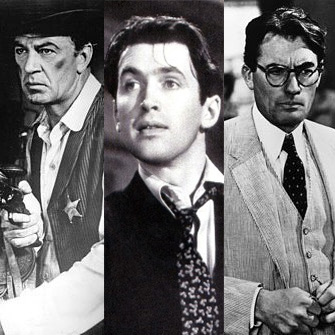Last weekend’s Wall Street Journal ran an essay entitled, In Praise of Transgressions by Joe Queenan.

Without condoning the very public offenses of Tom Daschle, Alex Rodriguez, Michael Phelps and others, Mr. Queenan posits the notion that rather than look upon the destructive actions of high-profile individuals as bad behavior, we should instead, embrace these events as a kind of psychotherapy:
“…we enjoy having baseball players and swimmers and pols in our crosshairs… When our luminaries, our heroes and heroines disappoint us, we feel that we have the ability to punish them because we know where they will feel it most.
“…there is something hypocritical about raking these people over the coals… Deep down, don’t we all believe that a bit of wild behavior — drinking, smoking, padding the expense account, skimming your taxes — has a salutary effect on human personality development?”
And, apparently, I wasn’t the only one who had a reaction to that kind of mumbo-jumbo. In a letter to the editor, one reader offered the same kind of arguments that I hear all the time:
“Americans are sick to death of the rotten, foolish, stupid, mannerless behavior… I am fed up to the gills with those who say we should let bad behavior go because everyone knows bad behavior exists.
“We’re tired of lying, thieving, entitled politicos being passed off as angels. We’re tired of rude, boorish, self-absorbed entertainers acting as though it’s so honest, so real, to act like horses’ behinds. We are fed up with people cramming their opinions in our faces, practicing their best sarcastic sneers, constantly asserting their right to say what they want and act as disrespectful as they like.”
What I came away with from Mr. Queenan’s hopelessly juvenile reasoning was one of the oldest rationalizations in the book: I’m not so bad, so long as there are others who are worse!
What is most important about bad behavior is what we learn from it.
We learn that we are all fallible; and that when we have lapses in moral and ethical judgment that it’s important to take responsibility, accept the consequences, then work to make things right and do better next time.
But I would argue that it’s even more instructional to examine ethical heroes. And in this regard, American film offers a library of positive and classic role models.
In Mr. Smith Goes to Washington Jefferson Smith shows us how to be a selfless servant of the people in the face of corruption.
Marshal Will Kane in High Noon shows us what it means to demonstrate single-minded courage and a strong sense of duty even when everyone in the town that you are standing to protect is unwilling to help.
And the remarkable sense of moral authority shown by Atticus Finch in To Kill a Mockingbird, demonstrates what it means to stand up for a principle as well as an individual even when the odds are against you.
We respond to stories of ethical and moral courage because we all strive to lead better lives. We look to archetypal figures like Smith, Kane and Finch not because they are morally perfect, but because in spite of their flaws, they summon the necessary courage and integrity to do the right thing, because, in the end, their struggles inspire us to live out of the better angels of our nature.
Comments









